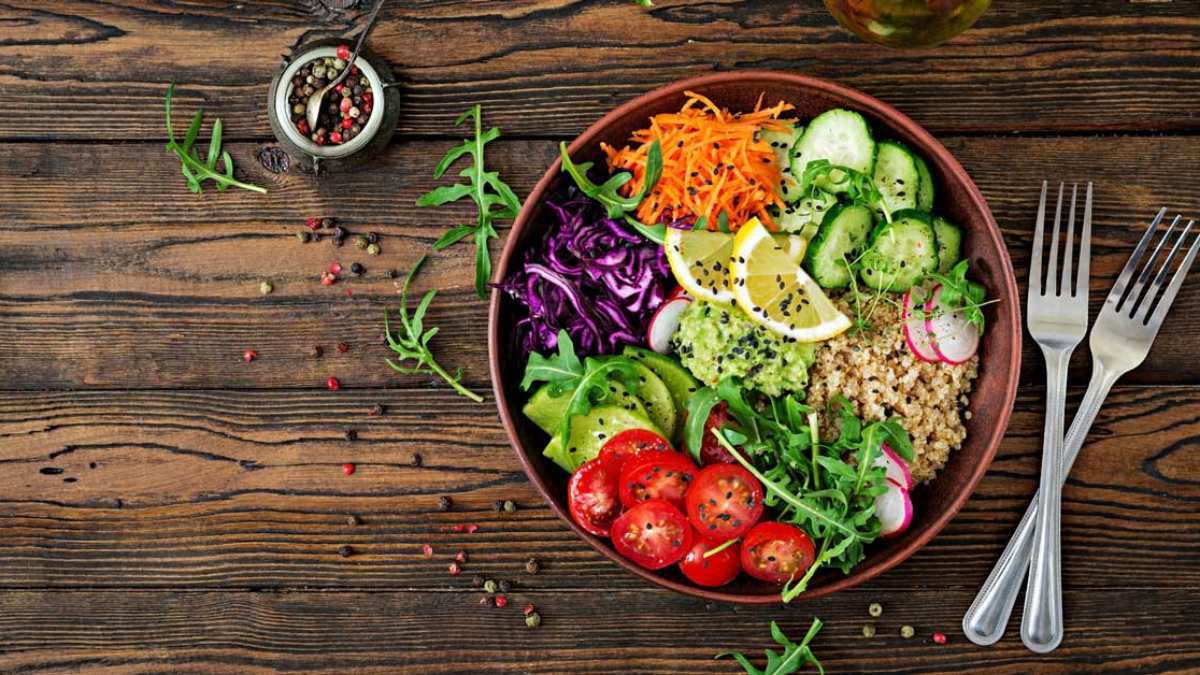


The primary purpose of food is sustenance. However, with the evolution of civilization, sustenance is a very small purpose that our food now serves. People think of food as a source of entertainment, pleasure and joy. Most family conversations typically revolve around what to cook, where to go out, where to eat etc. There is no doubt that in this landscape, the nutrition and impact of food has taken a back seat as people are not able to substitute discipline for desire.
The changes in the dietary space in the last 10 years have been propelled by three aspects – disposable income, access to information, and most of all access to granular opinions of millions of similar people. These three aspects have led to sharpened individuality and unique needs. Like religions are different ways of reaching God, different wellness and dietary regimes are different ways of attaining health outcomes. With rising individuality, we see a rise in individual wellness ideologies and the mushrooming of a corresponding ecosystem catering to those individualities.
HOW DOES DIET AFFECT OUR BODIES?
Our gastrointestinal tract includes microorganisms known as gut microbiota. This gut microbiome is laboriously affected by what we eat throughout our lives. Similarly, our intestines have bacteria that help to support a healthy immune and metabolic system. Therefore, any imbalance in the gut microbiome resulting from a poor diet will impact our intestinal bacteria, resulting in poor physical and mental health.
A balanced diet provides our body with the nutrients it needs to function correctly, whether iron and vitamin B12 for sounder red blood cells, carbohydrates for energy, or calcium for strong teeth, bones, and muscle contraction. With the lack of it, our body is at risk of infection, illness, and disease. In addition, it can affect our performance and concentration and leave us feeling fatigued in the short term.
HOW DOES DIET AFFECT OUR MINDS?
The linkage between body and mind is becoming more apparent today. Often called our ‘second brain’, the digestive system makes over 90% of all serotonin in our body- the hormone responsible for our happiness.
Our gut can also impact our immunity and solidity to stress, influencing our mood. A healthy digestive system typically assures the ability to absorb vitamins, minerals, and nutrients our brains need to thrive.
Generally, when we feel stressed or anxious, we all feel it in our gut. Digestion can speed up or slow down, depending on how we’re feeling. To keep our gut satisfied, we should eat plenty of fiber and lots of fluid accompanied by regular exercise.
One needs to work on both the nutrients being consumed and eating patterns. Conventional wisdom advice to always eat similar things at the same time. However, the way the human body has evolved, it requires variations to function at its best. Try augmenting your eating paradigm with fasting and intermittent fasting to trigger your autonomic nervous system. For nutrients, you can follow easily adoptable changes like consuming-
Whole foods: Eating real food, minimally processed food with healthy ingredients. This includes fresh fruits and vegetables.
Fiber: Plant-based foods are packed with fiber that helps to absorb glucose – or food sugars–more slowly and helps to avoid sugar rushes and crashes. Fruits, vegetables, whole grains, and beans are rich in fiber.
Antioxidants: They help to fight inflammation; berries, leafy green vegetables, turmeric, and foods with Omega-3 fatty acids like salmon and black chia seeds could be the best source of antioxidants.
Essential Vitamins Like Vitamin D: It assists with the production of serotonin. Apart from Sun as a direct source, mushrooms are also a good source for Vitamin D.
Essential Minerals Like Magnesium: This mineral keeps the nerve and muscle function going to steady the heartbeat. Additionally, it is essential for food-mood connection. Mineral depletion can harm the bacteria in your gut and provoke depression and anxiety-like symptoms. Consuming dark chocolate, cacao nibs, almonds and cashews, spinach and other dark leafy greens, bananas, and beans could be of great nutritional value for this.
In conclusion, a healthy diet has to be thought of as a combination of nutrition and behaviour. We cannot unlink diet from the emotional purpose that is serves to provide joy and opportunities to bond over.
The writer is CE0 & Co-Founder of Wellversed, a platform for the enablement and creation of Wellness D2C brands.